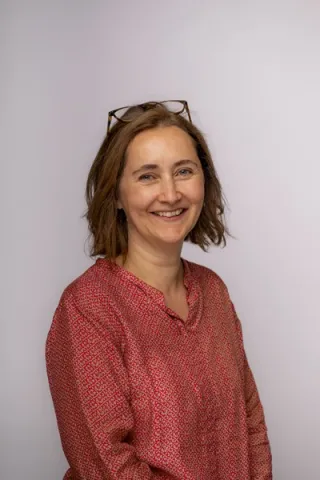Project overview
People with lived experience of mental ill-health emphasise personal recovery as well as clinical outcomes, particularly the experience of hope, agency (a sense of control over our lives), and opportunity to do what's most important to us. If we want to deliver recovery based mental health services, we need to measure recovery based outcomes.
The Hope, Agency and Opportunity (HAO) tool was developed jointly by researchers at the University of Southampton and people with lived experience of mental ill-health at the Southern Health NHS Recovery College. We wanted to develop a brief, reliable measure of personal and social recovery that can be used to assess people's recovery, support collaborative care planning, and evaluate services.
The HAO can be used to start a conversation about recovery: What are people's hopes for the future? Do they have a sense of control over their lives? Do they have the opportunities to do what’s most important to them? Do their relationships with staff help or hinder their recovery? The tool can also be used to measure recovery outcomes, develop recovery care plans, and evaluate whole teams.
The tool is freely available for any use that prioritises the principles and practice of recovery in mental health services. We make the HAO available on the understanding that no modification is made to the copyrighted material. Any use other than for clinical, teaching or research purposes will require specific permission from us. We hope you will use the HAO to develop services in your area - let us know how you get on!
The Hope, Agency and Opportunity (HAO) tool was developed jointly by researchers at the University of Southampton and people with lived experience of mental ill-health at the Southern Health NHS Recovery College. We wanted to develop a brief, reliable measure of personal and social recovery that can be used to assess people's recovery, support collaborative care planning, and evaluate services.
The HAO can be used to start a conversation about recovery: What are people's hopes for the future? Do they have a sense of control over their lives? Do they have the opportunities to do what’s most important to them? Do their relationships with staff help or hinder their recovery? The tool can also be used to measure recovery outcomes, develop recovery care plans, and evaluate whole teams.
The tool is freely available for any use that prioritises the principles and practice of recovery in mental health services. We make the HAO available on the understanding that no modification is made to the copyrighted material. Any use other than for clinical, teaching or research purposes will require specific permission from us. We hope you will use the HAO to develop services in your area - let us know how you get on!
Staff
Lead researchers
Other researchers
Collaborating research institutes, centres and groups
Research outputs
Lars Hansen, Emma Bayford, Rachael Wood, Kyt Proctor, Rebecca Jansen & Katherine Newman-Taylor,
2021, Early Intervention in Psychiatry
DOI: 10.1111/eip.13190
Type: article
Amber L. Bowen, Tessa Maguire & Katherine Newman-Taylor,
2019, Perspectives in Public Health
Type: article
Katherine Newman-Taylor, Tess Maguire & Amber L Bowen,
2019, Perspectives in Public Health, 139(4), 181-183
Type: article
Kyt Proctor, Rachael Wood & Katherine Newman-Taylor,
2018, Mental Health and Social Inclusion, 23(1), 30-35
Type: article
Katherine Newman-Taylor, Christie Garner, Elizabeth Vernon-Wilson, Karlien Paas, Lesley Herbert & Sheena Au-Yeung,
2017, Journal of Mental Health, 26(6), 562-568
Type: article

